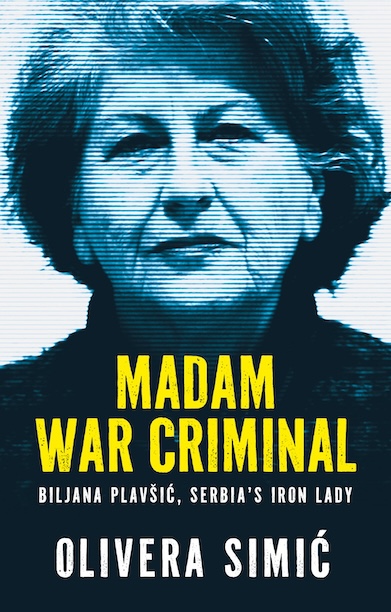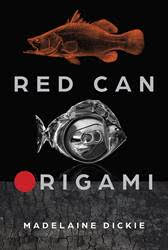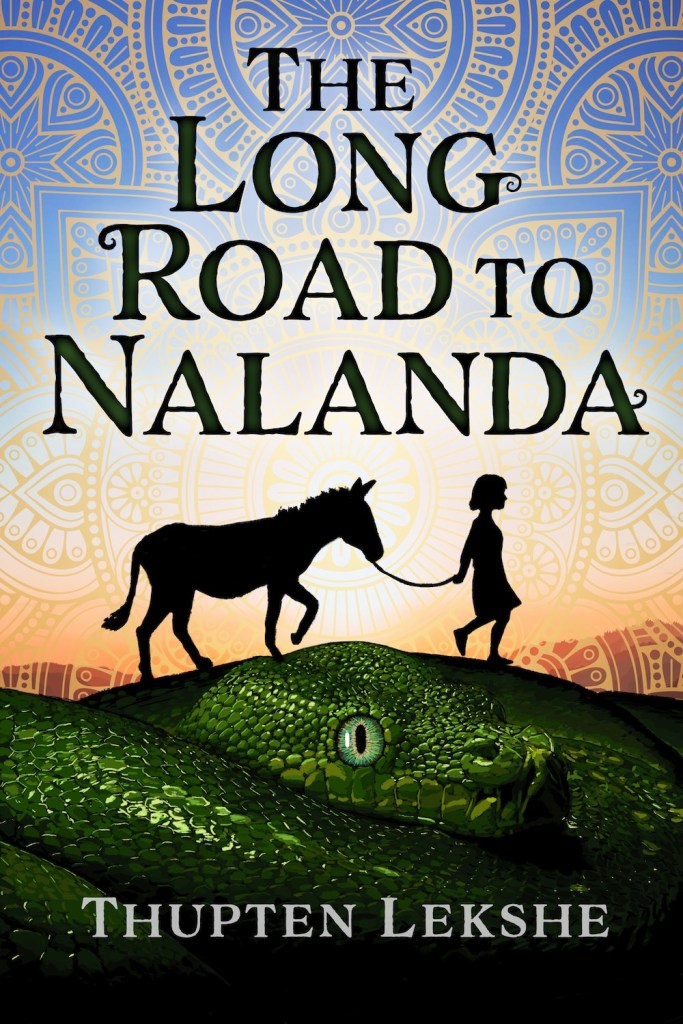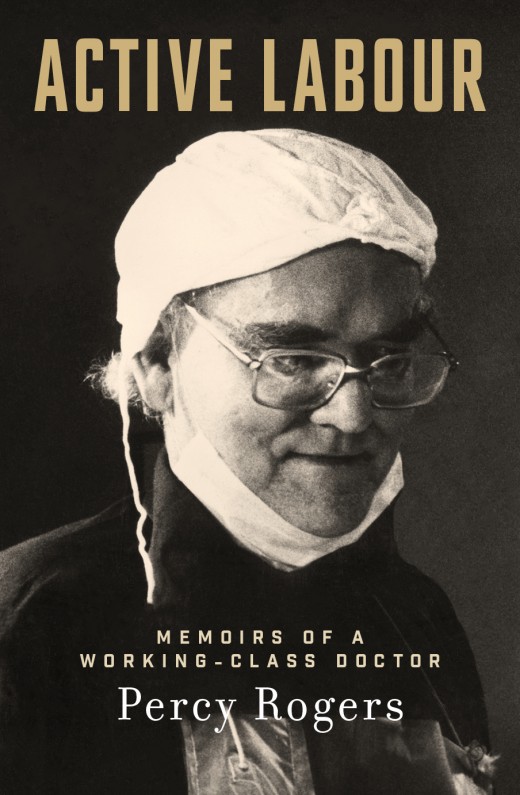A new year signals the challenge to try something different, or to reconnect with a writing project that you may have fallen out of love with at the end of the previous year. Quite often ideas and motivation evaporate due to the demands and complexities of life. But a new year is a chance to reboot, to sharpen your pencil, and critically assess your writing project’s strengths and weaknesses—maybe even send your unpublished manuscript to me for an objective review.
Hold back on submitting your manuscript to publishers before it’s been assessed by someone (preferably an experienced manuscript assessor) other than your family and friends, and then edited (and probably proofread after you’ve completed your ‘final’ review). As author J.K. Rowling matured as an author, she gradually allowed herself to react in a positive way to “constructive criticism”. She said: “I always try to act on constructive criticism. When I fail, I attempt to embrace my faults and call them my ‘style’.”
Then there are those talented writers who constantly doubt their ability. Virginia Woolf was plagued by self-doubt. On 30 April 1926, she wrote in her diary: “Yesterday I finished the first part of To the Lighthouse. . . Is it nonsense, is it brilliance?”
It is disheartening to witness gifted authors suffering from an overwhelming sense of looming defeat due to the time that writing takes from ‘life’. Contemporary writer, Gish Jen (www.gishjen.com), nearly quit writing because she felt she “was writing instead of living” (‘Inventing Life Steals Time, Living Life Begs It Back’, 2001). She stopped writing for a year and gardened, lunched, enjoyed her children, tried new sports, but she soon found that “life without work was strangely lifeless . . . as though I had lost one of my senses”. Gish realised that “more and more my here and now encompassed an awareness of things missing . . . I missed reasoning with history, I missed roaming a larger world. I missed tangling with language. I missed the shoulder to the wall of work. I missed discovering what I thought—or rather, watching what I thought I thought dissolve under my pen. I missed looking hard at things. I missed stalking a plot. I missed being ridden by the imagination, not so much into the sunset as through it”. (I hear you, Gish)
So, as we move into another year, here are a couple of gems from writers whom I admire, and who have suffered stops and starts, doubts and determinations, in their own writing ‘journeys’. Pulitzer-prize winner, Richard Ford, wrote an essay ‘Goofing off while the Muse recharges’, which reveals his on-again, off-again relationship with the writing life:
Stopping and then starting up again is of course what all writers do . . . For me the benefits of taking time off between big writing projects—novels, let’s say—seem both manifest and manifold. For one thing, you get to put lived life first. V.S. Pritchett once wrote that a writer is a person observing life from across a frontier. Art after all (even writing) is always subordinate to life, always following it along. And life—that multifarious, multidimensional, collisional freight train of thoughts and sensations you experience away from your desk . . . can be quite bracing (if you can stand it) . . .
The following extract is Virginia Woolf’s gentle self-encouragement, which she wrote in her diary on 11 May 1920:
It is worth mentioning, for future reference, that the creative power which bubbles so pleasantly in beginning a new book quiets down after a time, and one goes on more steadily. Doubts creep in. Then one becomes resigned. Determination not to give in, and the sense of an impending shape keep one at it more than anything. I’m a little anxious. How am I to bring off this conception? Directly one gets to work one is like a person walking, who has seen the country stretching out before. I want to write nothing in this book that I don’t enjoy writing. Yet writing is always difficult.
And finally, Kate Grenville’s straightforward, no-nonsense advice to new writers (The Writing Book, p. 223):
If you want to write, there are only two things you must do. Firstly, you have to write and rewrite, as regularly as you can, in whatever circumstances your life allows. Secondly, you have to read as widely as you can . . . The more you read, the better you’ll write.
Sometimes our brains just need a rest from writing and all the self-criticism that goes with the process. Like Gish and Richard, allow yourself time to catch up on the rest of your life before retreating back into your writing cave. But those writers who are commissioned to write books have deadlines to work towards, and they probably have full-time jobs, so there is pressure to write when they are tired, or at odd times. This is where a mentor/coach assists with planning, and offers reassurances that there is always a way to find time to take a break and refresh in order to return to the writing project with a sharper perspective.
We all have a neverending list of books to read. By giving your writing project a back seat for a while, it’s a great time to tackle some of those books you’ve been longing to get to. Reading can inspire new ideas for your own writing project and maybe even motivate you to get back to it (when the time is right).
But be careful that you don’t set a writing project aside for so long that you fall into the category of a procrastinator. Hopefully you reach a point when you can’t wait to get back to that book-in-waiting and allow it to see daylight again—and get excited about bringing it to fruition.
As a writing consultant and mentor, it is my job to suggest ways in which a writing project can move forward, even if it means suggesting stepping back for a while and then re-engaging with a fresh perspective. A new year can provide that opportunity to refresh and sharpen the pencil.
Looking for a mentor, an editor or a manuscript assessor?
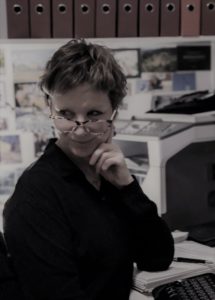 If you’re seeking a mentor, or you’re ready to have your writing edited, or you would like an assessment of your writing project, whether it is a complete manuscript or a work-in-progress, then please message me via my contact page or email me with a brief overview: denise@denisemtaylor.com.au
If you’re seeking a mentor, or you’re ready to have your writing edited, or you would like an assessment of your writing project, whether it is a complete manuscript or a work-in-progress, then please message me via my contact page or email me with a brief overview: denise@denisemtaylor.com.au
I would be delighted to ‘hear’ about your writing project.
My editing is based on the Australian Style Manual (ASM) unless an author prefers another or has been commissioned to write a book using the publishing house style guide. Editing academic writing requires the editor to adhere to the preferred style and referencing of the university department or publisher.
Featured photo by Angelina Litvin on Unsplash


